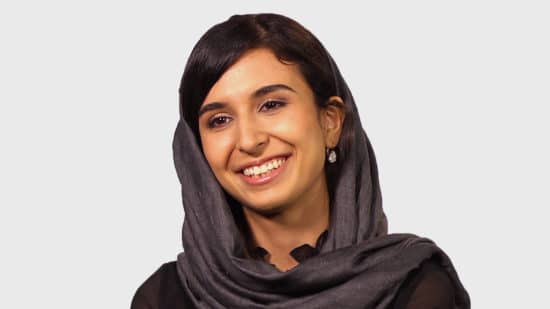Political Scientist
What you need to know
Political scientists study the origin, development, and operation of political systems. They research political ideas and analyze government’s, policies, political trends, and related issues.
Political scientists typically work full time in an office. They sometimes work additional hours to finish reports and meet deadlines.
Some of the things a political scientist might do:
- Research political subjects, such as the U.S. political system and foreign relations
- Collect and analyze data from sources such as public opinion surveys
- Develop and test political theories
- Evaluate the effects of policies and laws on government, businesses, and people
- Monitor current events, policy decisions, and other related issues
- Forecast political, economic, and social trends
- Submit research results by giving presentations and publishing articles
Watch this video to learn about what our political scientist role models do in their careers:
- Analytical skills: Political scientists often use qualitative and quantitative research methods. They require analytical skills to collect, evaluate, and interpret data.
- Communication skills: Political scientists often collaborate with other researchers when writing reports or giving presentations. They must communicate their findings to a wide variety of audiences.
- Creativity: Political scientists must continually explore new ideas and information to produce original papers and research. They must stay current on political subjects and come up with new ways to think about and address issues.
- Critical-thinking skills: Political scientists must be able to examine and process available information and draw logical conclusions from their findings.
Watch this video to learn more from our political scientist role models:
The average pay for political scientists in the United States was $128,020 in May 2022 according to the U.S. Bureau of Labor Statistics.
A political scientist’s pay depends on factors such as level of experience, education and training, geographic location, and specific industry.
About 600 new job openings for political scientists are projected each year, on average, over the next 10 years in the United States.
Overall employment of political scientists is projected to grow 7 percent from 2022 to 2032 according to the U.S. Bureau of Labor Statistics. This is faster than the average growth rate for all occupations.
Political scientists will continue to be needed in government to assess the impact of government policies, such as the efficiencies of public services, effects of budget changes, and advantages of proposed improvements.
Organizations that research or advocate for specific causes, such as immigration policy, healthcare, or the environment, also need political scientists to analyze policies relating to their field.
Most political scientists need to complete either a master’s or Ph.D. program. To be admitted to a graduate program, applicants should complete undergraduate courses in political science, writing, and statistics. Applicants also benefit from having related work or internship experience.
Some political scientists also complete a Ph.D. program, which requires several years of coursework followed by independent research for a dissertation. Most Ph.D. candidates choose to specialize in one of four primary subfields of political science: national politics, comparative politics, international relations, or political theory.
Discover some of the courses you will take pursuing a degree in Political Science.
Watch this video to learn more from our political scientist role models:















